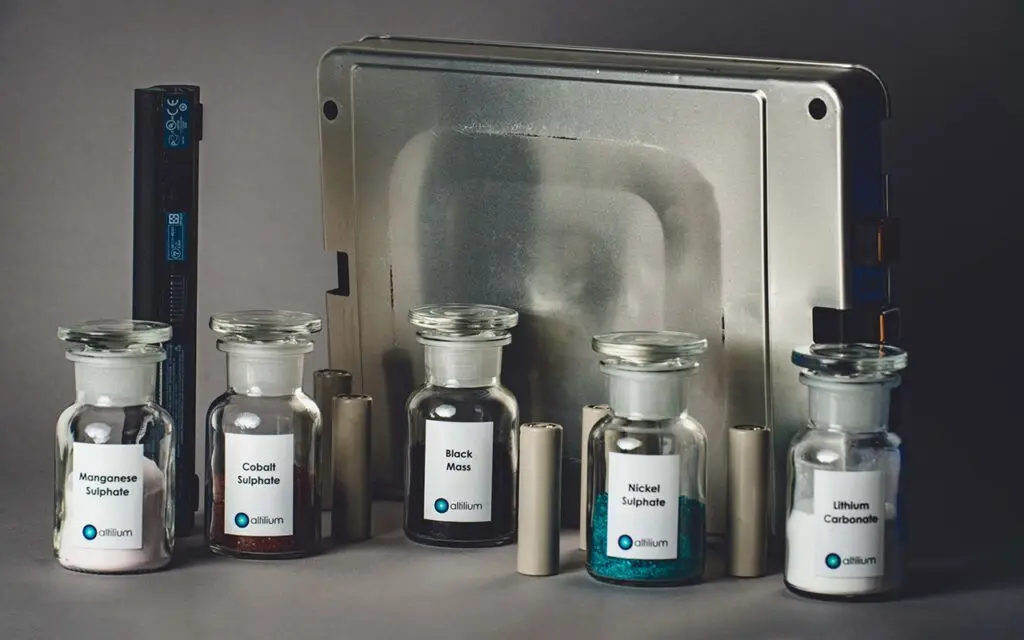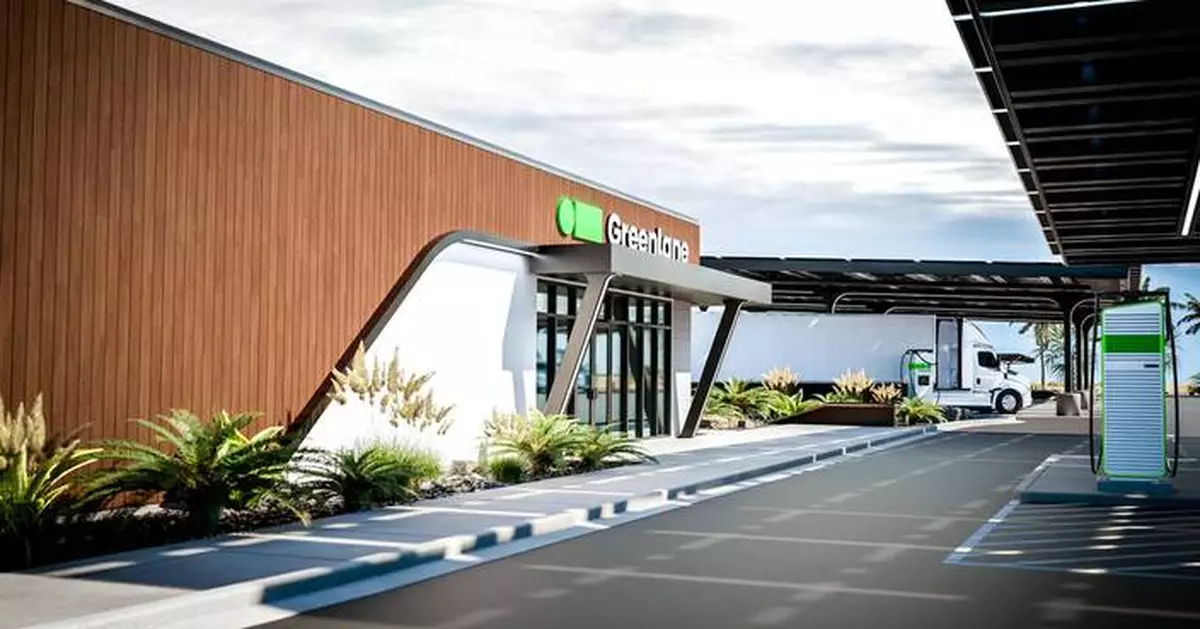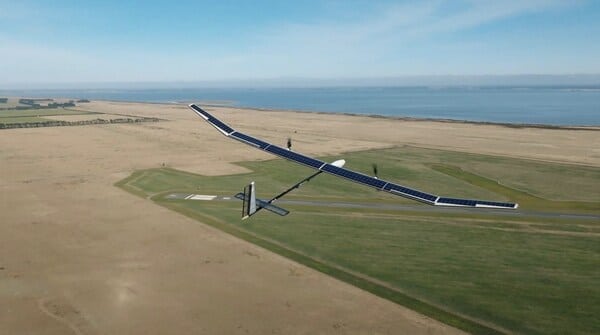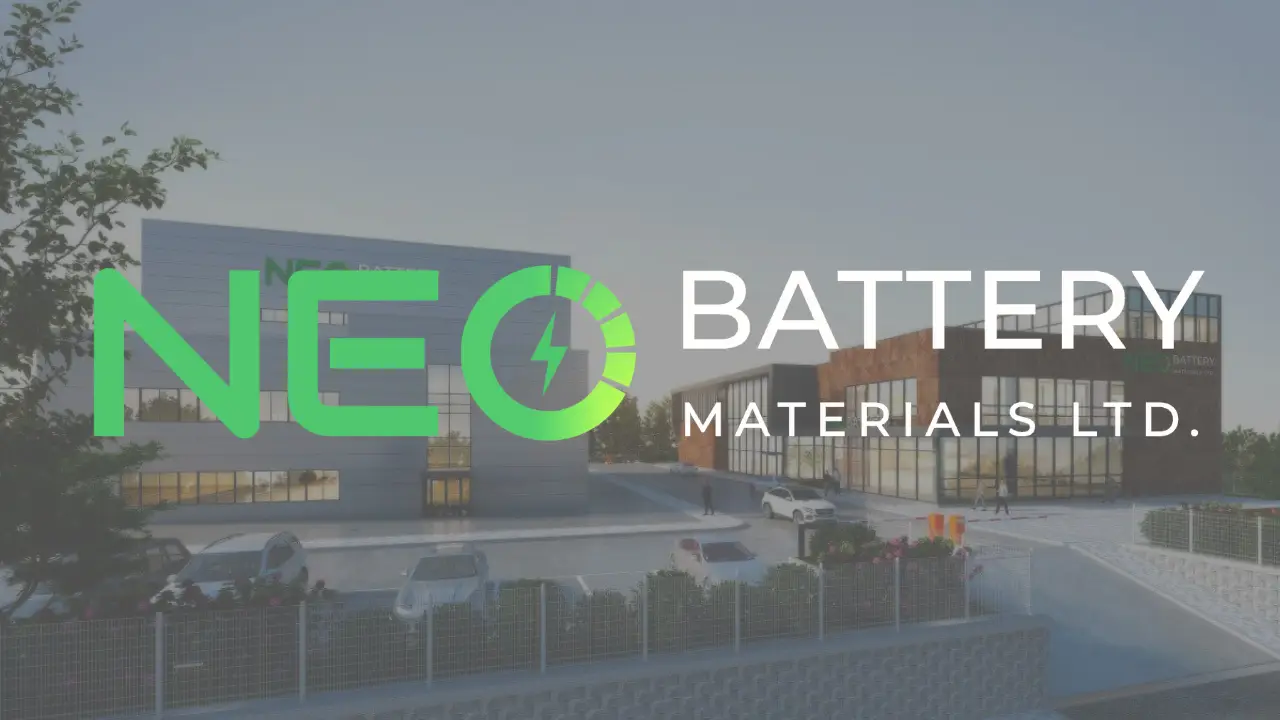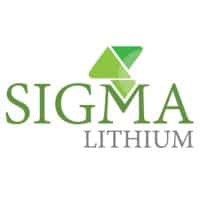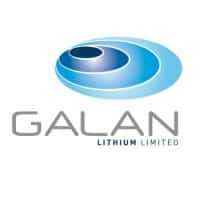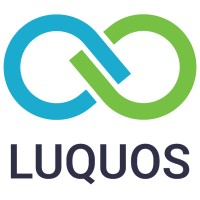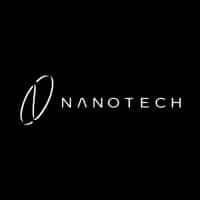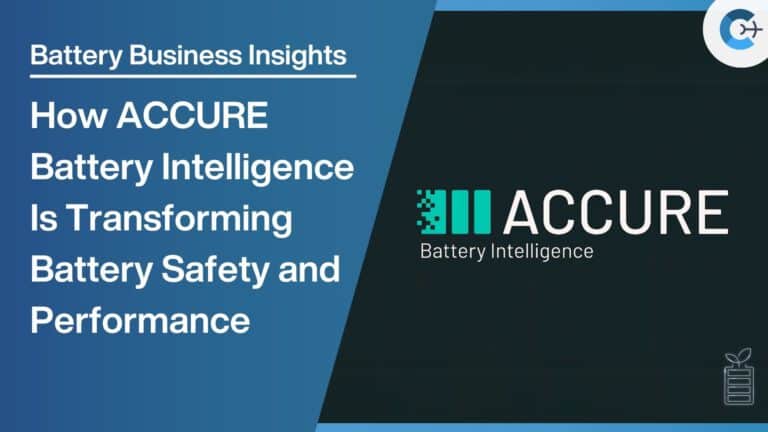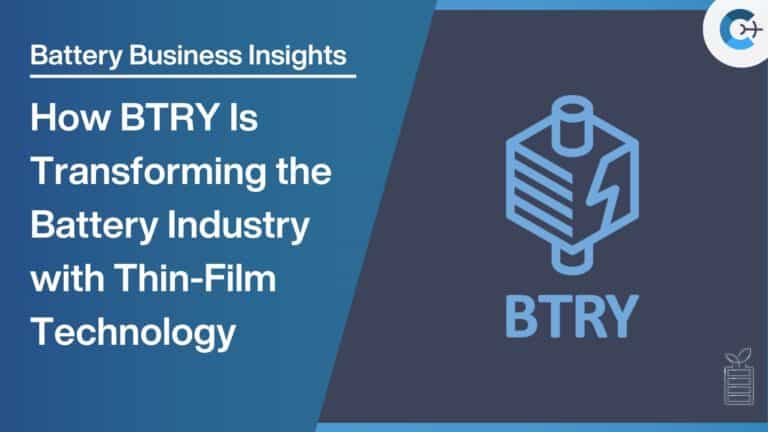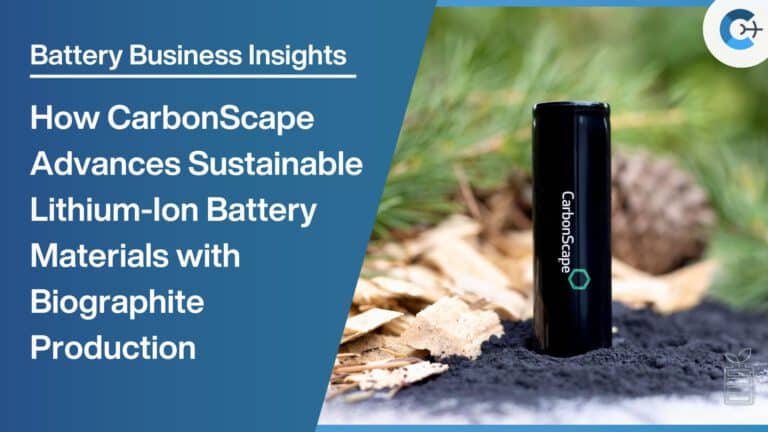Altilium, a UK-based clean technology group focused on advancing net-zero goals, has announced a groundbreaking project to produce and validate electric vehicle (EV) battery cells using materials recovered from end-of-life batteries. This initiative marks the first time in the UK that battery cells made from recycled cathode active materials (CAM) will be validated for automotive use, in partnership with Jaguar Land Rover (JLR), a global luxury car manufacturer.
Supported by the Advanced Propulsion Centre UK’s Advanced Route to Market Demonstrator (ARMD) competition, the project aims to significantly reduce the carbon footprint of EVs. Altilium’s proprietary EcoCathode™ process recovers critical materials such as lithium, cobalt, and nickel from used batteries, reducing the need for newly mined resources and achieving a 60% reduction in carbon emissions associated with battery production.
Production of the battery cells is planned at the UK Battery Industrialisation Centre (UKBIC), utilizing recovered materials from Altilium’s new mini-commercial ACT2 facility and its ACT1 pilot plant in Devon. JLR will conduct comprehensive validation studies on the pouch cells at its advanced battery testing facilities to ensure they meet the rigorous standards required for automotive applications.
Dr. Christian Marston, COO of Altilium, stated: “We are proud to lead this pioneering project with JLR that brings us one step closer to a circular economy for battery materials in the UK. By demonstrating that EV battery cells made from recovered materials can meet industry standards, we’re not only reducing the environmental impact of battery production but also supporting the UK’s efforts to build a more sustainable and resilient EV supply chain.”
The initiative builds on Altilium’s existing partnership with UKBIC, supported by Innovate UK’s Faraday Battery Challenge, to prototype EV battery cells using recycled CAM. Both projects aim to de-risk the scale-up of Altilium’s battery recycling operations and strengthen the UK’s position in the global EV supply chain.
Sean Gilgunn, Managing Director of UKBIC, commented: “We’re delighted to be part of this innovative project which will help the industry move towards an even cleaner future. Our role is to help companies prove their new materials and technologies can be industrialized, and working with Altilium will help them demonstrate that recycled CAM can be an effective option in future EV batteries.”
According to research by the Faraday Institution, the UK’s demand for EV battery manufacturing capacity is projected to reach nearly 110 GWh per annum by 2030. Securing substantial amounts of raw materials like lithium, cobalt, and nickel will be critical for this expansion. Developing a sustainable domestic supply chain for these materials is essential for the electrification of transport in the UK.
Altilium plans to establish the UK’s largest integrated battery recycling facility in Teesside, capable of processing 150,000 EV batteries annually and supplying 30,000 tonnes per annum of CAM back into the UK’s growing gigafactory complex.
Source: Altilium Clean Technology News

